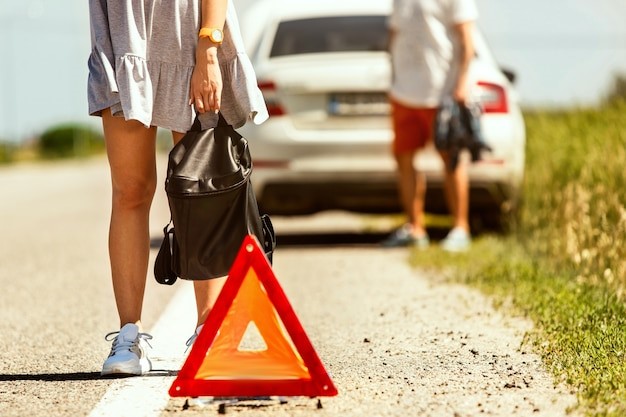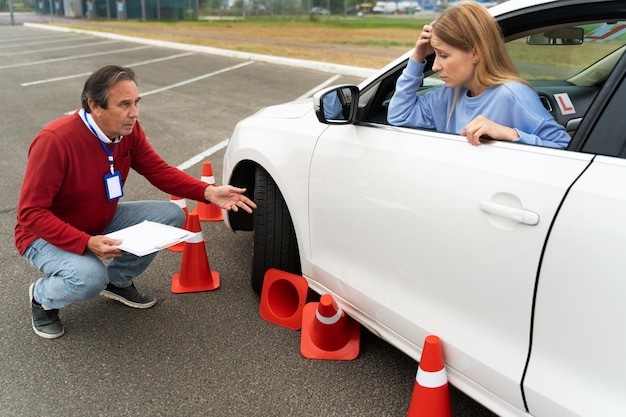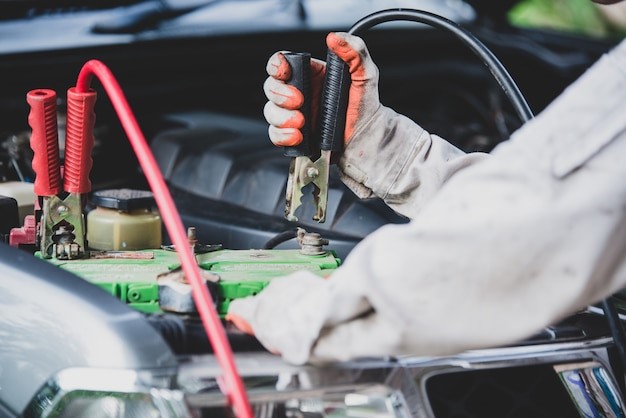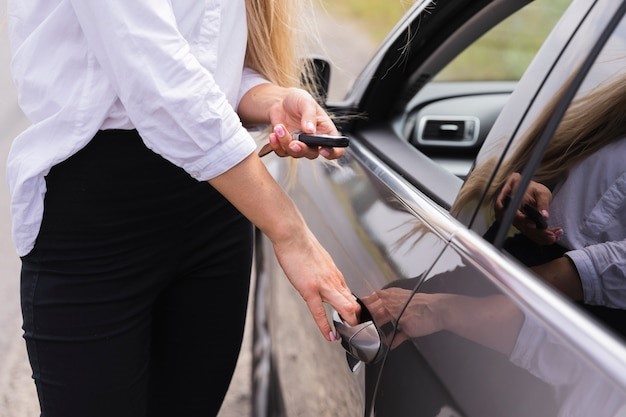How to Dispose Of a Car Battery: Step-by-Step Guide
When your car battery dies, discarding it in the trash does more than simply contribute to the landfill; it’s illegal and dangerous. Whether you’re the one swapping a dead battery or you have a mechanic doing it, it’s crucial to dispose of your car battery properly for safety, environmental reasons, and to avoid fines. This comprehensive guide offers an explanation of why disposal is important, how to do it safely, and where to take your old battery.
Importance of Adequate Disposal of Your Car Battery
Environmental Hazards of Improper Disposal
Car batteries contain lead, sulfuric acid, and other toxic materials. If disposed of improperly, they can contaminate soil and water supplies, harming both the environment and wildlife. Lead exposure can devastate plant life, and acid can corrode metal and concrete. Proper recycling is the only solution to eliminate these dangers and recover these valuable products.
If you’re unsure how to properly dispose of your car battery, you can contact a local recycling facility for guidance on safe disposal options.
Legal Implications in the U.S.
In the U.S., federal and state laws regulate battery disposal. Lead-acid batteries are considered hazardous waste under the Resource Conservation and Recovery Act (RCRA). Improper disposal can lead to hefty fines and criminal charges. Many states require retailers to accept used batteries when you buy a new one, which simplifies the process and helps with proper recycling.
Human Health and Safety Effects
Improper disposal exposes people to lead dust and acid burns. Children are particularly at risk of lead poisoning, which can cause developmental delays and neurological damage. Handling a leaky battery with bare hands can cause chemical burns. For safety’s sake, always handle old batteries with care and dispose of them responsibly.
Signs You Need To Replace Your Car Battery
Before you dispose of your battery, make sure it really needs to be replaced. Look for these signs:
- Swollen Battery Case: A bloated or warped battery indicates internal failure and is unsafe to use.
- Frequent Jump Starts: If you require a jump start often, your battery is likely losing capacity.
- Foul Smell or Corrosion: A rotten egg smell or corroded terminals are both signs that the battery is no longer effective.
If any of these signs sound familiar, it’s time to swap out your battery before disposing of it.
How to Properly Dispose of a Car Battery
Step 1: Remove the Battery Safely
Before removing the battery, make sure to wear gloves and eye protection. Here’s the process:
- Shut off the engine and engage the parking brake.
- Disconnect the negative cable, followed by the positive cable.
- Lift the battery carefully to avoid spills.
If you need assistance with removing your battery, don’t hesitate to call a professional to help.
Step 2: Place the Battery in a Secure Container
Place the battery in a secure container to avoid leaks. Use a hard plastic bin or a heavy-duty cardboard box, and keep it in a cool, dry place.
Step 3: Locate an Authorized Recycling Facility
Find a certified recycling center to properly dispose of your battery. Many localities and auto stores offer collection points where you can safely drop off your old battery.
Step 4: Transport and Drop-Off Guidelines
When transporting the battery, keep it upright and away from metal surfaces. At the recycling center, follow their guidelines to ensure the battery is disposed of safely.
Where to Take Your Old Car Battery
There are many places that accept used car batteries for recycling:
- Auto Parts Stores: Many retailers offer a discount or credit toward your new battery in exchange for your old one.
- Battery Retailers and Service Shops: Some stores charge a small disposal fee, but others include the service as part of your replacement.
- Local Recycling Centers: Many areas have hazardous waste collection events where you can drop off old batteries for free.
For help locating a recycling center, contact us, and we can guide you through the proper disposal process.
Can You Recycle Car Batteries at Home?
Why DIY Recycling Is Dangerous
Although it may be tempting to attempt recycling at home, it’s incredibly hazardous. DIY recycling can expose you to lead poisoning, acid burns, and toxic fumes. The process requires specialized equipment and safety precautions that most people don’t have.
Safe Alternatives and Pick-Up Services
If you’re unable to transport the battery, local retailers or service providers may offer pick-up services for a fee. In some states, it’s legally required for them to accept your old battery when you purchase a new one.
What You Shouldn’t Do When Throwing Out a Car Battery
Avoid these mistakes:
- Don’t Throw It in the Trash: Car batteries should never go in the trash, as they can leak toxic chemicals.
- Don’t Dump in Open Land: Never dispose of batteries in empty lots or woods. This can lead to significant environmental contamination.
- Never Burn or Dismantle It Yourself: Burning or disassembling a battery can produce dangerous fumes and start fires or explosions.
Final Thoughts
Proper car battery recycling isn’t just for legal compliance—it’s a matter of environmental safety and public health. Never attempt to dispose of a battery on your own. Use certified recycling centers or reliable service providers like All 4 One Transportation to ensure safe disposal and recycling.
We’re available 24/7 to assist with your battery needs and ensure you’re safely back on the road.
FAQs
Yes, most places that sell automotive batteries will issue a credit of some type, ranging from $5–$15 per battery. At some locations you can get store credit for your next purchase.
The tendency of the vast majority of car batteries is to last 3-5 years, contingent on the climate, driving conditions and vehicle maintenance. Severe temperatures and regular short journeys are likely to reduce their life.
No, EV batteries are bigger and much more complicated. They will need to be sent to a licensed EV battery recycle centre. We always recommend contacting your dealer or manufacturer.




